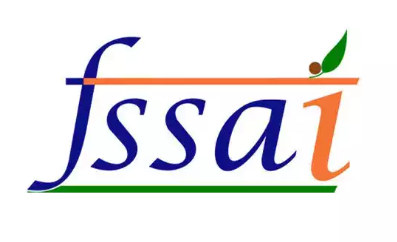FSSAI Enforces Strict Food Safety Regulations
The Food Safety and Standards Authority of India (FSSAI) has recently intensified its scrutiny of quick commerce and e-commerce food platforms. This move responds to rising consumer concerns about food safety. The FSSAI has mandated compliance with expiry date and labelling regulations. This directive aims to safeguard public health and enhance consumer trust in online food purchases.
Compliance with Expiry Date Regulations
FSSAI requires all online food sellers to ensure a minimum shelf life of 30% or at least 45 days before expiry at the time of delivery. This rule addresses concerns about near-expiry products being sold. Clear visibility of expiry dates or best before dates on packaging is mandatory. Sellers must adhere to these guidelines to avoid penalties.
Labelling and Misleading Claims
The authority has raised alarms about misleading claims, particularly those related to health benefits. All product claims must be substantiated and align with the information on product labels. Any unsupported claims may lead to punitive actions against the platforms involved. FSSAI is committed to maintaining transparency in food marketing.
Regulatory Compliance Requirements
E-commerce food business operators must possess valid FSSAI licenses or registrations. Compliance with FSSAI’s labelling and display regulations is non-negotiable. The FSSAI CEO has reiterated that non-compliance could result in severe consequences for the offending platforms. Adherence to these regulations is essential for legal operation.
Training for Delivery Personnel
FSSAI has mandated that quick commerce and e-commerce platforms provide training for food delivery personnel. This training focuses on essential food safety and hygiene protocols. Proper training ensures that delivery staff handle food safely and maintain quality during transportation. The separation of food and non-food items during delivery is also required to prevent contamination.
Development of Standard Operating Procedures
FSSAI plans to create comprehensive guidelines in the form of standard operating procedures (SOPs) for quick commerce and e-commerce players. These SOPs will ensure compliance with food safety norms across the supply chain. The guidelines will be developed after consultations with stakeholders and scientific experts. This initiative aims to standardise practices in the rapidly growing online food sector.
Stakeholder Engagement
A recent meeting chaired by the FSSAI CEO included over 200 representatives from various sectors. This engagement brought into light the importance of collaboration in achieving food safety goals. Stakeholders are encouraged to participate actively in discussions regarding food safety regulations. Their input will be vital for shaping effective policies. By enforcing these regulations, FSSAI aims to improve food safety in the e-commerce sector, ensuring consumer protection and trust.
Important Facts for Exams:
- FSSAI: The Food Safety and Standards Authority of India oversees food safety regulations. It ensures compliance with expiry date and labelling requirements for e-commerce food platforms.
- Quick Commerce: Quick commerce refers to the rapid delivery of goods. It has gained popularity for food purchases in urban areas. Consumer concerns about food safety have also increased.
- Standard Operating Procedures: Standard operating procedures are guidelines for compliance. FSSAI plans to create SOPs for e-commerce and quick commerce players. These will ensure adherence to food safety norms.
- Training for Delivery Personnel: Proper training for delivery personnel is mandated. This training focuses on food safety and hygiene protocols. It aims to prevent contamination during food transportation.
Month: Current Affairs - November, 2024
Category: Government Schemes Current Affairs


